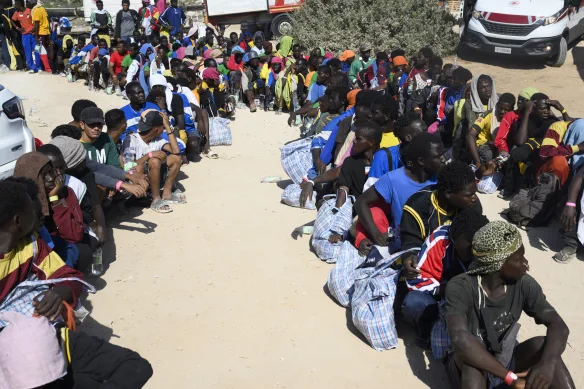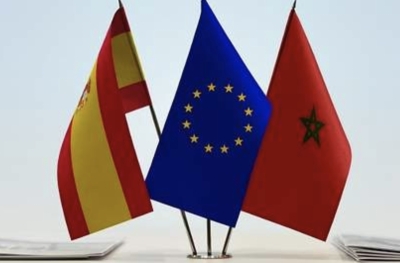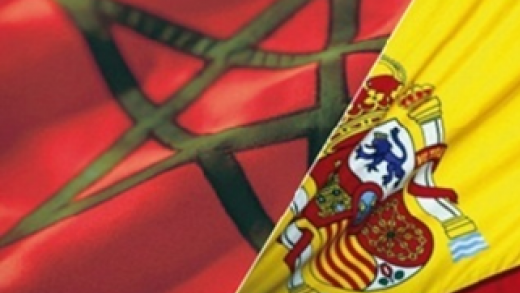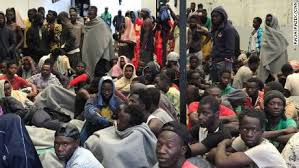The European Parliament on Wednesday (10 April) approved a major revamp of the European Union’s migration laws that will both harden border procedures and force all the bloc’s 27 nations to share responsibility.
This sweeping reform of EU’s asylum policies that was adopted by MEPs in a series of 10 votes is intended to end years of division within the 27 member countries over how to manage the entry of thousands of people without authorization and deprive the far right of a vote-winning campaign issue ahead of June elections.
Following the vote, the Parliament’s President Roberta Metsola, a former lead lawmaker on migration who helped pave the way for the reform package, posted “History made,” on social media platform X. “A balance between solidarity and responsibility. This is the European way,” she added.
The plan was first drawn up after 1.3 million people, mostly those fleeing war in Syria and Iraq, sought refuge in Europe in 2015. The EU’s asylum system collapsed, reception centers were overwhelmed in Italy and Greece, and countries further north, most notably in Hungary, built razor-wire fences to stop migrants from entering. Not surprisingly, perhaps the loudest dissenting voice came from Hungarian Prime Minister Viktor Orban who derided the reform as “another nail in the coffin of the European Union.” In a post to X, Orban said: “Unity is dead, secure borders are no more. Hungary will never give in to the mass migration frenzy! We need a change in Brussels in order to StopMigration!”
But ahead of the key vote in the European Parliament, lawmakers had slammed the head of the EU executive, Ursula von der Leyen, for signing controversial migration deals with North African countries that give them vast sums of money in exchange for reducing migration to Europe.
“Throwing money at dictators is not a migration policy,” said Dutch MEP Sophie in ‘t Veld. “It will just keep the dictators in place for longer, and make the problem bigger,” she added. After an earlier agreement with Tunisia, last month von der Leyen and five national EU leaders inked a €7.4 billion deal with Egypt. While calling the migration deals with the EU’s neighbors “indispensable,” French centrist lawmaker Fabienne Keller said: “The agreements with Egypt and Tunisia are not the right models for us.”



